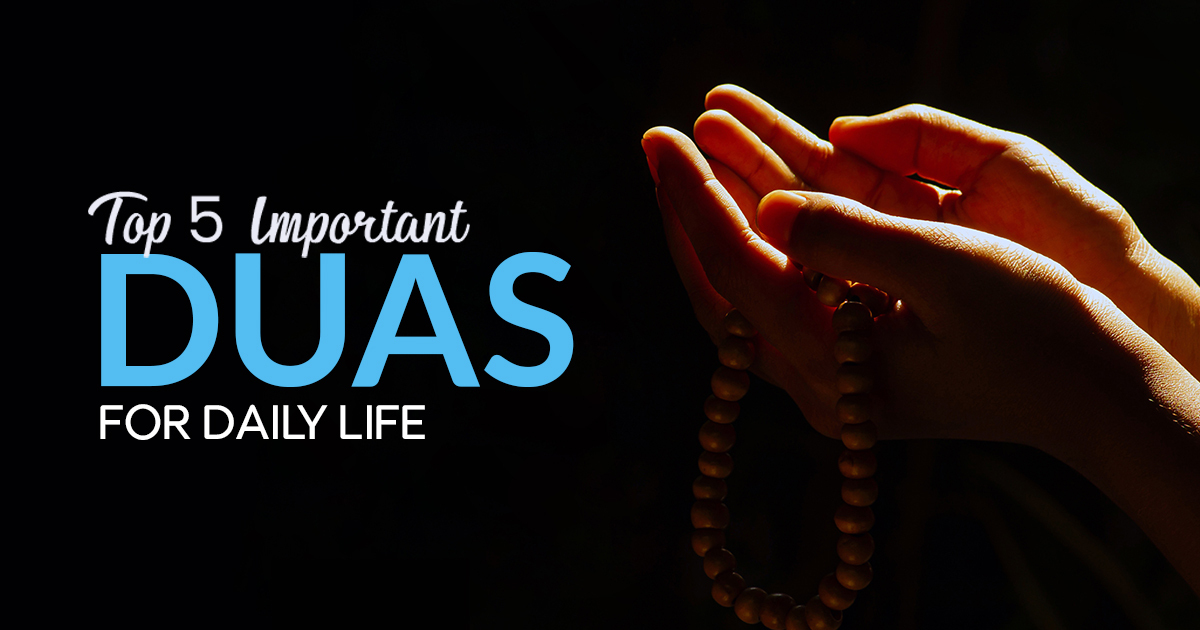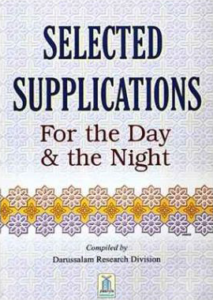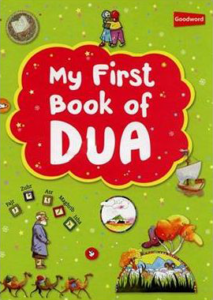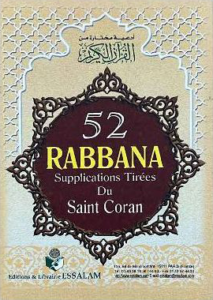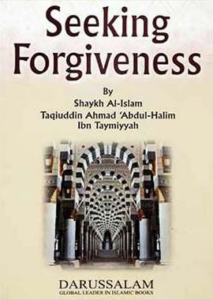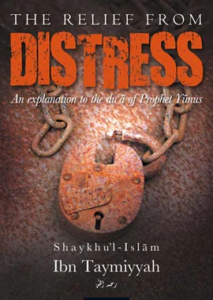In the hustle and bustle of our daily lives, finding moments of peace and tranquility can be challenging. However, as Muslims, we have a powerful tool at our disposal – dua, or supplication. Duas are a means of connecting with Allah, seeking His guidance, and asking for His blessings.
In this comprehensive blog by Darussalam, we’ll explore the top 5 important duas for daily life, along with their significance and benefits.
Dua for Starting Anything (Bismillah):
Significance: “Bismillah” means “In the name of Allah” and is a powerful invocation to seek Allah’s blessings and protection before beginning any task.
Benefits:
- Initiates actions with the remembrance of Allah.
- Seeks His guidance and blessings for success.
- Shields from negative influences and harm.
How to Incorporate: Say “Bismillah” before starting any activity, whether it’s eating, working, or embarking on a journey.
Dua for Seeking Guidance (Istikhara):
Significance: Istikhara is a prayer for seeking Allah’s guidance when making decisions, especially when one is uncertain about the best course of action.
Benefits:
- Places trust in Allah’s wisdom and knowledge.
- Helps in making the right choices in life.
- Relieves anxiety and indecision.
How to Incorporate: Perform Istikhara prayer and supplicate to Allah for guidance whenever faced with a decision
Dua for Patience and Perseverance (Sabr):
Significance: Patience is a virtue highly regarded in Islam. This dua seeks strength from Allah to endure hardships and remain steadfast in faith.
Benefits:
- Builds resilience in facing life’s challenges.
- Strengthens faith and trust in Allah’s plan.
- Leads to inner peace and contentment.
How to Incorporate: Recite this dua during moments of difficulty or adversity to seek patience and strength.
Learn More: How to Pray in Islam
Dua for Forgiveness (Astaghfirullah):
Significance: Seeking forgiveness is essential for spiritual growth and purification of the soul. This dua asks Allah for His mercy and forgiveness for past sins.
Benefits:
- Clears the heart from guilt and remorse.
- Strengthens the bond with Allah.
- Opens the doors of mercy and blessings.
How to Incorporate: Regularly recite “Astaghfirullah” throughout the day, especially after committing a mistake or sin.
Dua for Protection (Ayat al-Kursi):
Significance: Ayat al-Kursi is one of the most powerful verses in the Quran, offering protection from evil forces and safeguarding believers from harm.
Benefits:
- Shields against physical and spiritual dangers.
- Grants peace and security.
- Elevates spiritual strength and connection with Allah.
How to Incorporate: Recite Ayat al-Kursi after every obligatory prayer and before sleeping for protection and blessings.
Read More: Why is Asr Prayer Important?
Conclusion:
Incorporating these top 5 important duas into your daily life can bring immense spiritual benefits and blessings. Whether seeking guidance, forgiveness, protection, or strength, these supplications serve as a source of solace and support in navigating life’s journey as a believer. By fostering a habit of making dua regularly and sincerely, you can deepen your connection with Allah and experience His mercy and blessings in abundance.
Learn More: Minor and Major Signs Before the Day of Judgement
FAQs About Important Duas for Daily Life:
Why are duas important in Islam?
Duas serve as a means of communication with Allah, strengthening the bond between the believer and the Creator. They provide solace, guidance, and blessings in all aspects of life.
Can I make dua in my own language, or does it have to be in Arabic?
While Arabic is the language of the Quran and highly recommended for duas, you can supplicate to Allah in any language you are comfortable with. Sincerity and devotion are what truly matter.
How often should I make these dua’s?
These duas can be made as frequently as needed. Incorporating them into your daily routine, such as after prayers or before important tasks, can help maintain a strong connection with Allah.
Do I need to be in a state of ablution (wudu) to make dua?
While it is preferred to be in a state of wudu when making dua, it is not a strict requirement. You can make dua in any state, as long as your heart is pure and sincere.
What if I don’t feel like my dua is being answered?
Trust in Allah’s wisdom and timing. Sometimes, what we perceive as unanswered duas may be blessings in disguise or delayed responses. Keep making dua with patience and faith.

